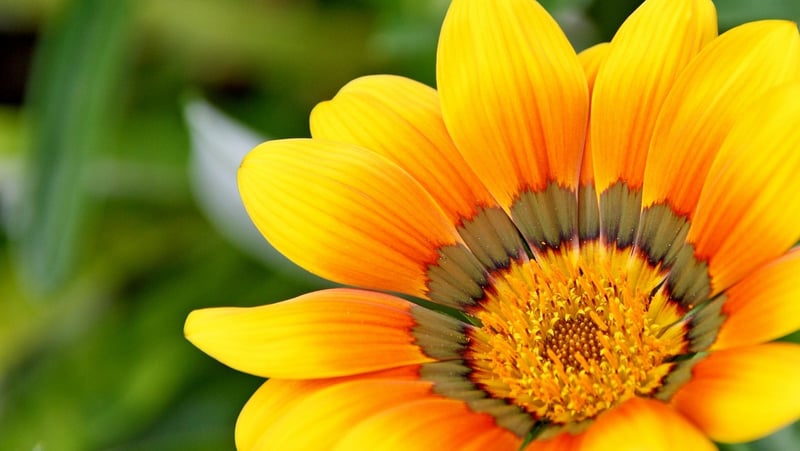Outdoor Gardening
Tips for Healthy Plants in Your Outdoor Garden
Welcome to your guide to maintaining healthy plants in your outdoor garden! Whether you're a seasoned gardener or just starting out, these tips will help you cultivate a lush and thriving garden that will be the envy of your neighborhood.
1. Choose the Right Plants
Before you start planting, research which plants thrive best in your specific climate and soil type. Selecting the right plants for your garden will set you up for success and reduce the chances of plants struggling to grow.
2. Sunlight and Water
Ensure your plants receive adequate sunlight based on their individual needs. Most plants require at least 6 hours of sunlight per day. Additionally, water your plants consistently, but be careful not to overwater, as it can lead to root rot. A good rule of thumb is to water plants when the top inch of soil is dry.
3. Soil Quality
Healthy soil is key to healthy plants. Make sure your soil is well-draining and rich in nutrients. Consider adding organic matter like compost to improve soil quality and provide essential nutrients to your plants.
4. Mulching
Applying a layer of mulch around your plants helps retain moisture, suppress weeds, and regulate soil temperature. Mulch also adds nutrients to the soil as it breaks down, promoting plant growth.
5. Pruning and Deadheading
Regularly prune your plants to remove dead or diseased branches, improve air circulation, and promote new growth. Deadheading, or removing spent flowers, encourages plants to produce more blooms and prolongs the flowering season.
6. Pest Control
Keep an eye out for common garden pests like aphids, snails, and caterpillars. Consider using natural pest control methods like introducing beneficial insects or using organic pesticides to protect your plants without harming the environment.
7. Regular Maintenance
Consistent maintenance is key to keeping your garden healthy. Check your plants regularly for signs of disease, pests, or nutrient deficiencies. Remove any weeds that compete with your plants for resources and stay on top of watering and fertilizing schedules.
Conclusion
By following these tips and staying proactive in caring for your outdoor garden, you can create a vibrant and flourishing landscape that brings joy and beauty to your outdoor space. Happy gardening!

For more gardening tips and inspiration, check out Gardeners.com.
